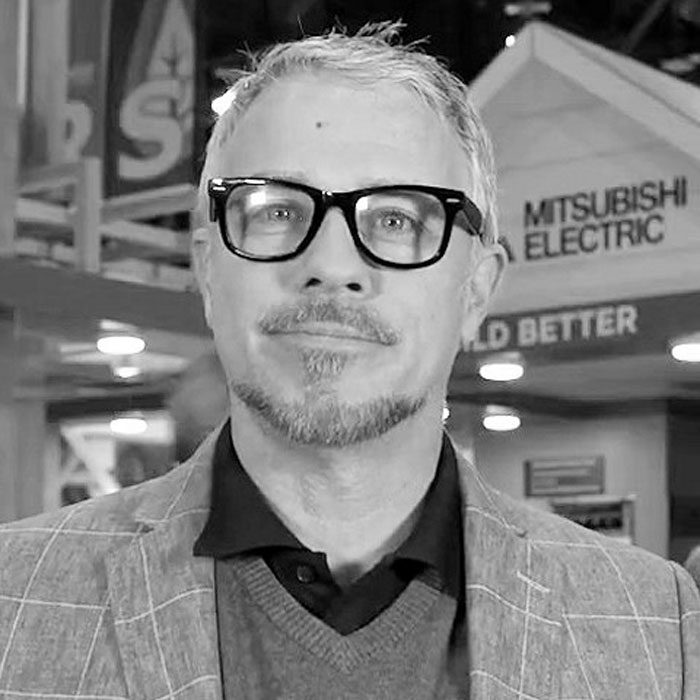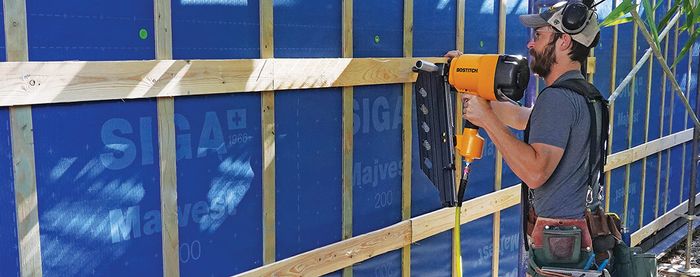Designing Homes for Optimal Indoor Environmental Quality (IEQ)
Watch this online seminar to learn how to design HVAC systems for optimal occupant health and comfort.
Sponsored by Mitsubishi Electric Trane HVAC US LLC
For homeowners, high-performance is mainly meaningful if it results in a home that is healthier and more comfortable than a code-level home. Typical occupants won’t review R-values and CFM requirements, but they demand thermal comfort and high indoor air quality (IAQ). In this presentation, Kimberly Llewellyn and Chad Gillespie of the Mitsubishi Electric Performance Construction Team discuss considerations, strategies and solutions to help builders design HVAC systems for optimal occupant health and comfort. The subject matter includes building envelope factors, mean radiant temperature, contaminant control, humidification, dehumidification, controls and trends.
View the full slideshow presentation below
You’ll learn how to:
• Explain indoor environmental quality (IEQ) and components including indoor air quality (IAQ), comfort, sound and lighting
• Show home buyers how each aspect of a high-performance home and traditional construction relates to occupant comfort and health
• Educate builders, designers and consumers on the value of IEQ
• Consider methods for reducing indoor contaminants through source control, ventilation and filtration
• Consider methods for controlling relative humidity for comfort and health
• Design HVAC systems with a comprehensive view of thermal comfort inclusive of variables such as humidity, air stratification and mean radiant temperature in addition to dry-bulb temperature
Our Panelists
 |
 |
| Chad Gillespie Senior Manager, Performance Construction Mitsubishi Electric Trane HVAC US LLC |
Kimberly Llewellyn, CPHC Performance Construction Manager Mitsubishi Electric Trane HVAC US LLC |






View Comments
I can't wait for this to happen. It is going to be epic. Very exciting! Thank you for setting this up!
Brian @ Spokane Interior Design
Will this be available to view later if I can't make the live presentation?
I'm very much for the progress of healthy living environments - however, I'll be a bit heretical for a few moments.
I see the "building science" movement seemingly going down the same path as medicine went down in the past 100 years - if anything isn't right, you need a pill for that. We need to keep you comfortable and stable at all costs, even if it's detrimental to your life. The "experts" never considered the larger secondary effects of their science and engineering: addiction, lack of immunity, obesity, ...
Will ultimately stable and comfortable environments lead to stronger or weaker humans? Happier? Healthier? Is there science around that?
We have raised a very healthy family with the windows open 365 nights a year (30 to 80 degrees out - Oregon), the doors open to the back deck whenever possible, and rarely having AC on. In the winter we live closer to the pellet stove - and my adult kids say it's their favorite memory - being close together (that and camping).
I'm not advocating living in primative sheds, and I'm all for progress in building technology (I work in science myself) - and your focus here is great. I'm just asking if the "build science" emperor has some new clothes that we aren't talking about: perfectly clean and comfortable living enviorments that in the end produce unhappy, anaceptic, weak humans.